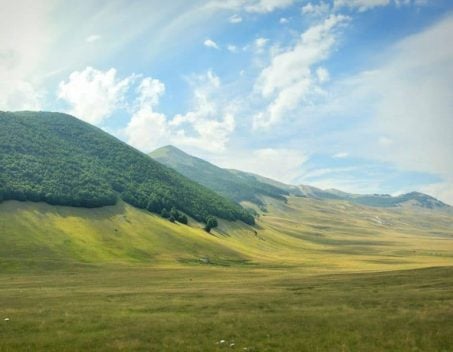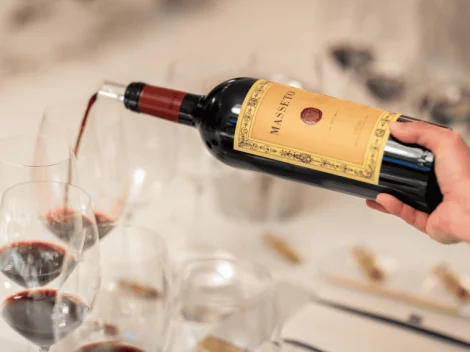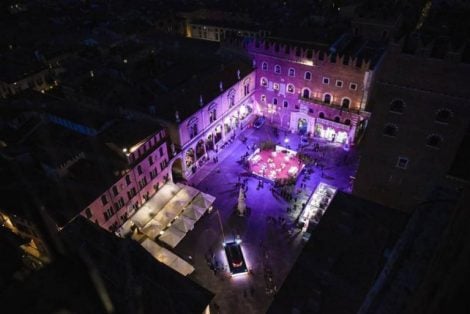We’re in Collio, a border region in northern Italy, to talk about Paraschos winery’s first Tre Bicchieri award, earned with the Collio Friulano Kaj Riserva '21. The Friuli-based winery carries a Greek name: "My father Evangelos came to study in Trieste in the 1970s. To pay for his studies, he helped in my mother’s family restaurant. In the end, he preferred food and wine over a career in pharmaceuticals," says Alexis Paraschos.
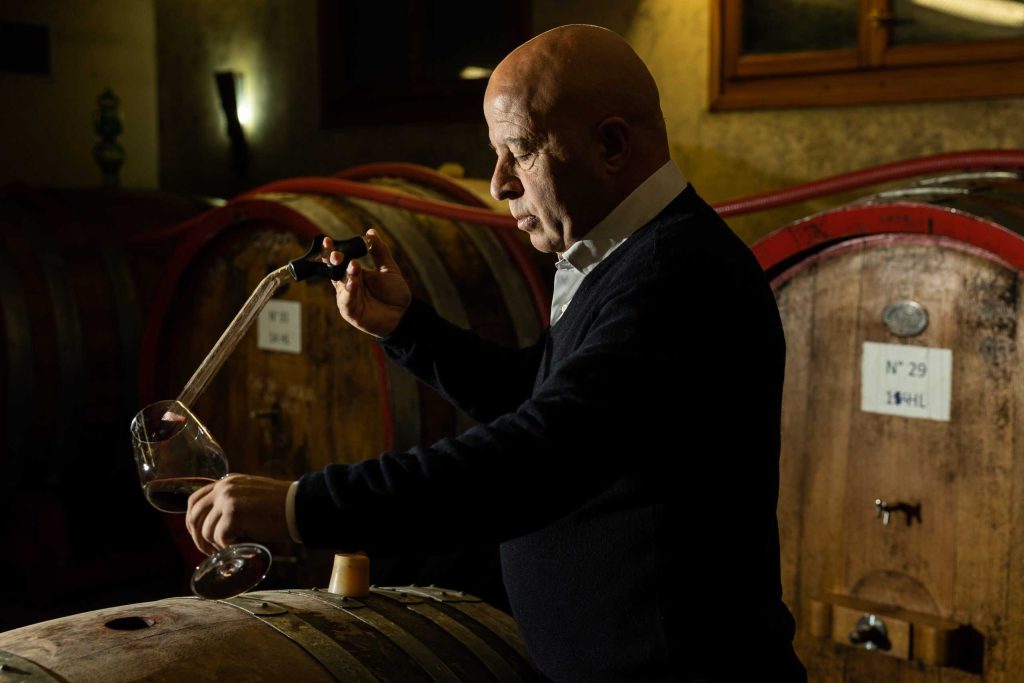
The "conventional"beginnings
The winery was founded in 1997, a few years after the Schengen Agreement, which allowed for greater freedom of movement across borders, including between Italy and Slovenia. "We bought our first three hectares at auction. The plots were located between San Floriano and Oslavia. However, it was my grandfather who first produced wine, which he sold in his restaurant." It started as a winemaking operation but was, above all, a family business, with Alexis and Jannis involved in production from the start. "I studied economics, while my brother stopped at his diploma and deepened his winemaking knowledge through travel, courses, and hands-on experience in the vineyard and cellar." Just a few years later, their first vintage was bottled in 1999. The early years were marked by limited space, in a small cellar, forcing them to use stainless steel tanks, cooling systems, and practices like filtration and stabilization "to sell the wine within the following year. Only a small portion was produced in an underground cellar where we experimented with wood and different methods—experiments that led to the wines we produce today."
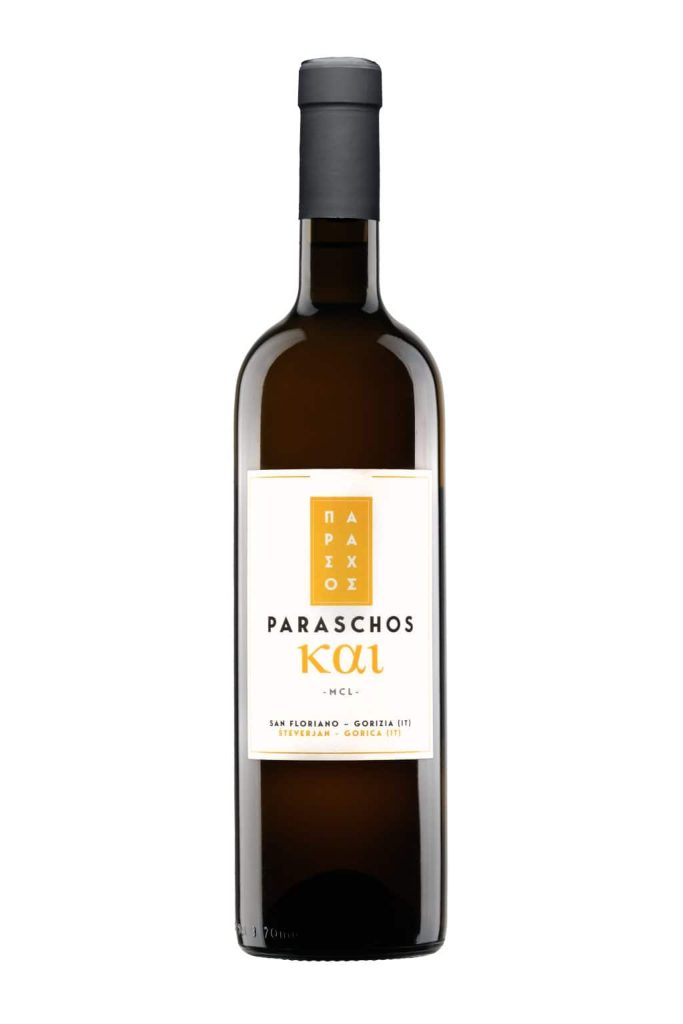
The new cellar, the new path
There was a turning point for the Paraschos winery. In 2003, with the new cellar, everything changed: production started using only indigenous yeasts. "Spontaneous fermentation was always a passion of my father’s. He found it more fascinating and complex." Around the same time, they also began experimenting with skin maceration. These were the years of Gravner and Radikon, who, for Evangelos, were part of a group of colleagues and friends who had started to see the great potential of maceration, "understood as extracting only the noble parts, mature tannins, thus elevating the grape variety."
Today, the idea of macerated wine has almost become a trend, but it has evolved significantly over time. "There’s a high demand today because tastes and market preferences have changed. In the past, 'macerated' referred to Ribolla and a few other grape varieties that produced wines with body and structure, the result of a rigorous selection of grapes from important vineyards. Then, it became a practice used more widely. These latter wines have taken on a role similar to that of craft beer a few years ago because of their closer connection to local agriculture. However, it remains true that the top-level macerated wines come from the original historical sites linked to great crus."
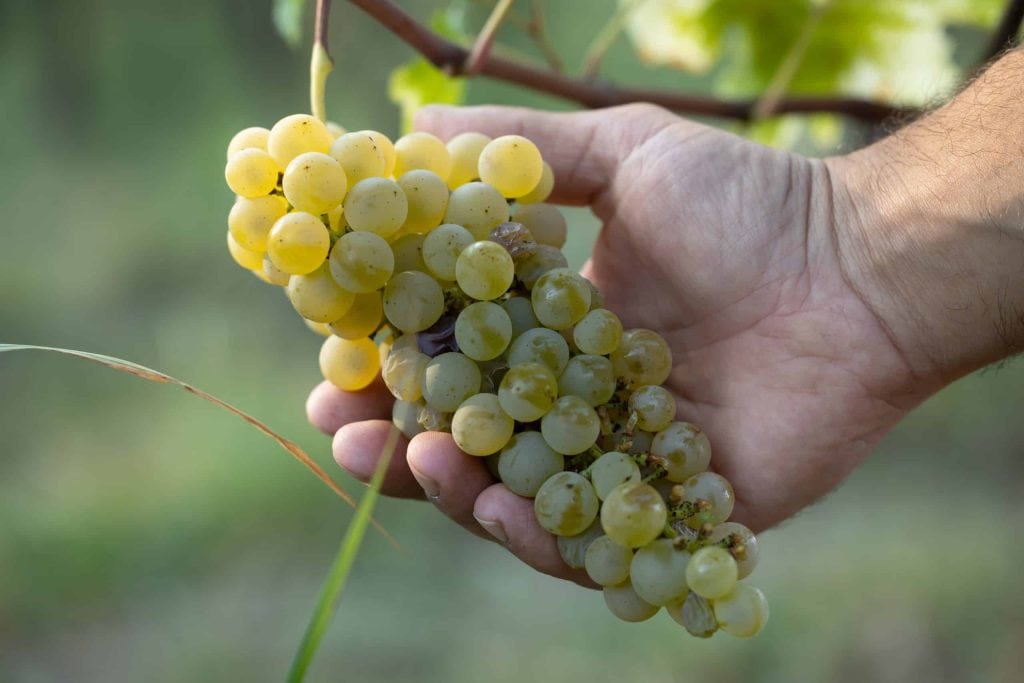
Paraschos wines today
The winery's production today relies on many "without" factors: without industrial yeasts, without herbicides, and, in the cellar, without added sulphur dioxide. "We can call them 'natural' wines, to go a bit beyond this term, which many people don’t like." For Alexis, "natural" means a wine made from (almost) only grapes, and "you should at least start with organic or biodynamic grapes, and the winemaking should, at most, involve sulphur dioxide."
It all starts with high-quality grapes, where the human touch is minimal, and what ends up in the bottle is a clean wine, without flaws. "There are natural distributors and importers who have rejected us because, according to them, 'the wines were too clean.' The market is a bit confused right now. Some say natural wine doesn’t exist, while others reject more 'technical' wines. I believe there are places where it’s possible to stay within the realm of natural wine and achieve great results, and other areas where intervention in the cellar is inevitable. Sometimes it’s so significant that you can’t call it natural. These are situations driven by the market, where vines have been planted in places they shouldn’t have been."
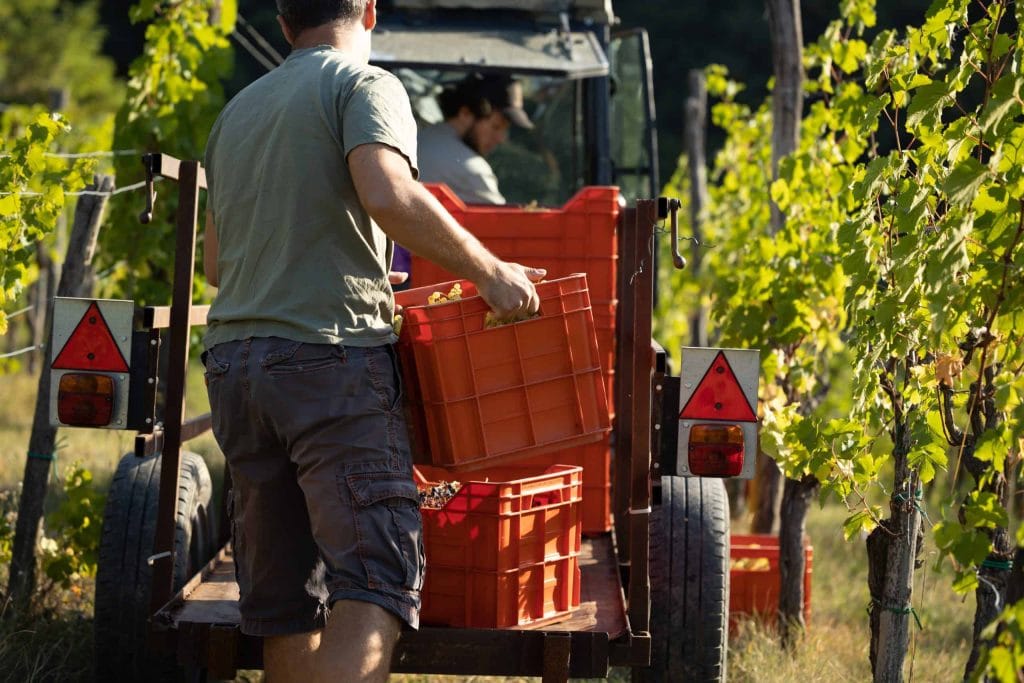
Nevertheless, the future, despite climate change and increasingly challenging vintages, looks promising for Italian vineyards. "I see new wineries being opened by young people who are returning to their grandparents' abandoned vineyards. This is a good thing because we should focus more on vineyards and grape varieties, which are central to wine production."

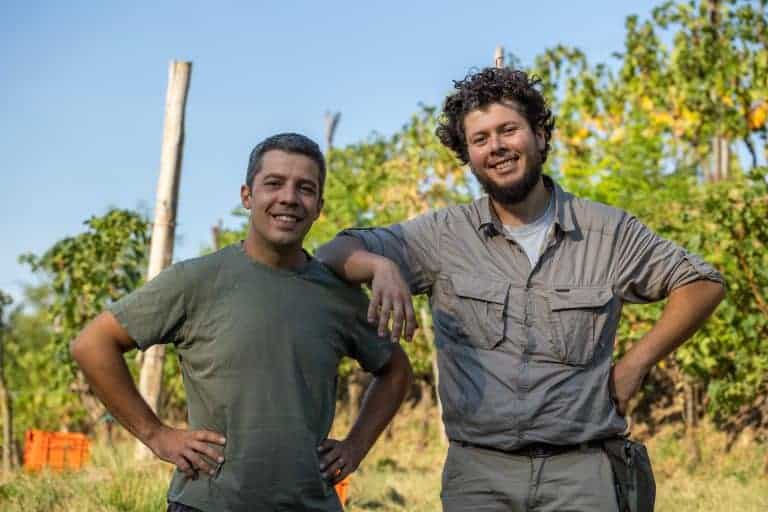
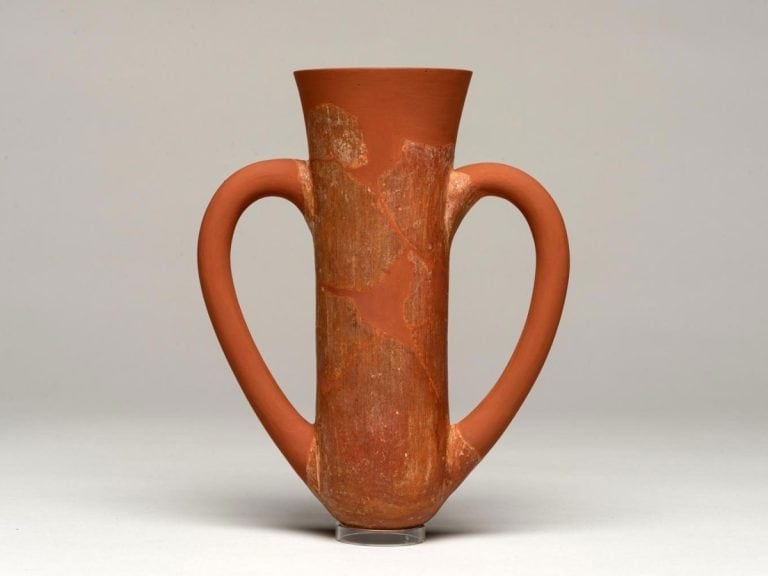 Wine was a drink of the people as early as the Early Bronze Age. A study disproves the ancient elitism of Bacchus’ nectar
Wine was a drink of the people as early as the Early Bronze Age. A study disproves the ancient elitism of Bacchus’ nectar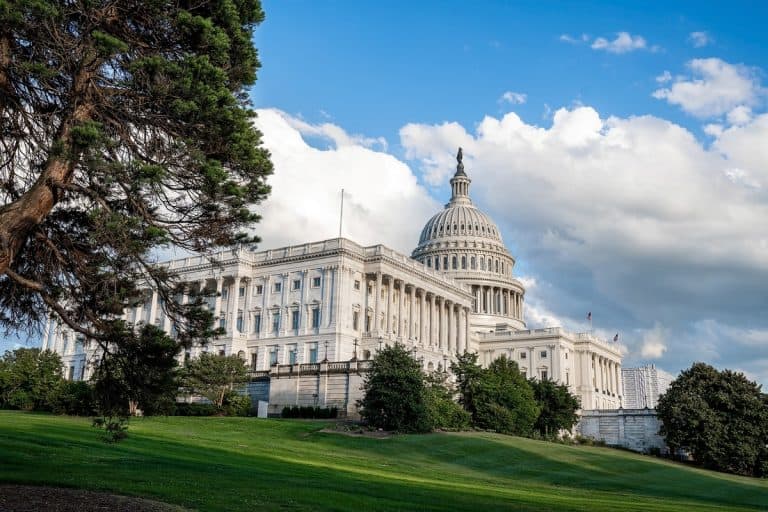 "From 2nd April, US tariffs between 10% and 25% on wine as well." The announcement from the Wine Trade Alliance
"From 2nd April, US tariffs between 10% and 25% on wine as well." The announcement from the Wine Trade Alliance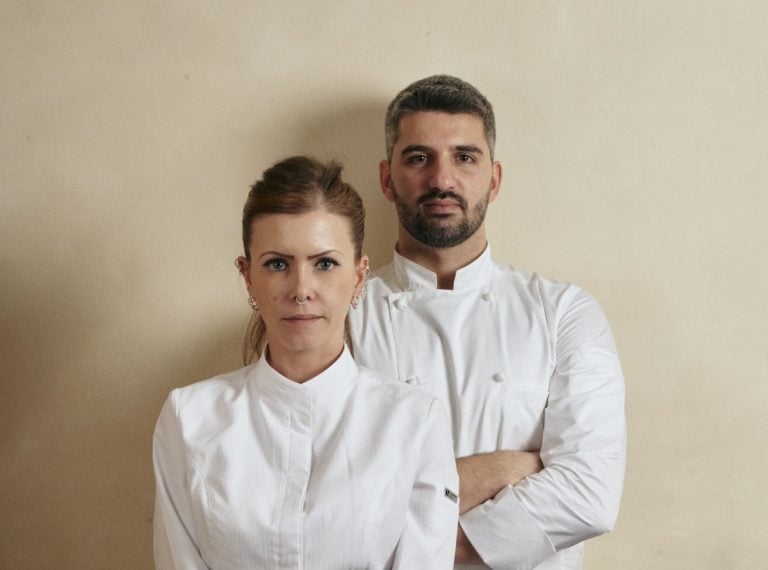 Michelin surprise: in France, the guide rewards Italian chefs
Michelin surprise: in France, the guide rewards Italian chefs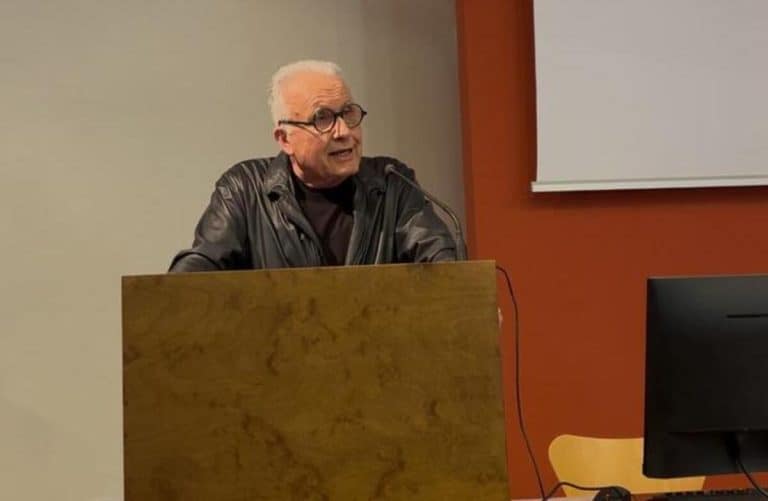 Vinitaly 2025: "Piwi should not be included in the DOCs. Dealcoholised wines? I have changed my mind." Angelo Gaja's position
Vinitaly 2025: "Piwi should not be included in the DOCs. Dealcoholised wines? I have changed my mind." Angelo Gaja's position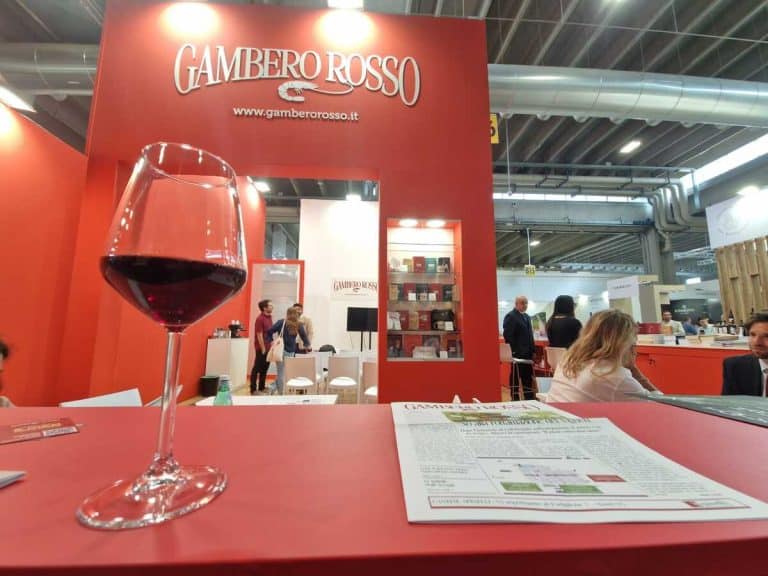 Vinitaly 2025: here are all the events by Gambero Rosso. Tre Bicchieri, debates, TV and much more...
Vinitaly 2025: here are all the events by Gambero Rosso. Tre Bicchieri, debates, TV and much more...

